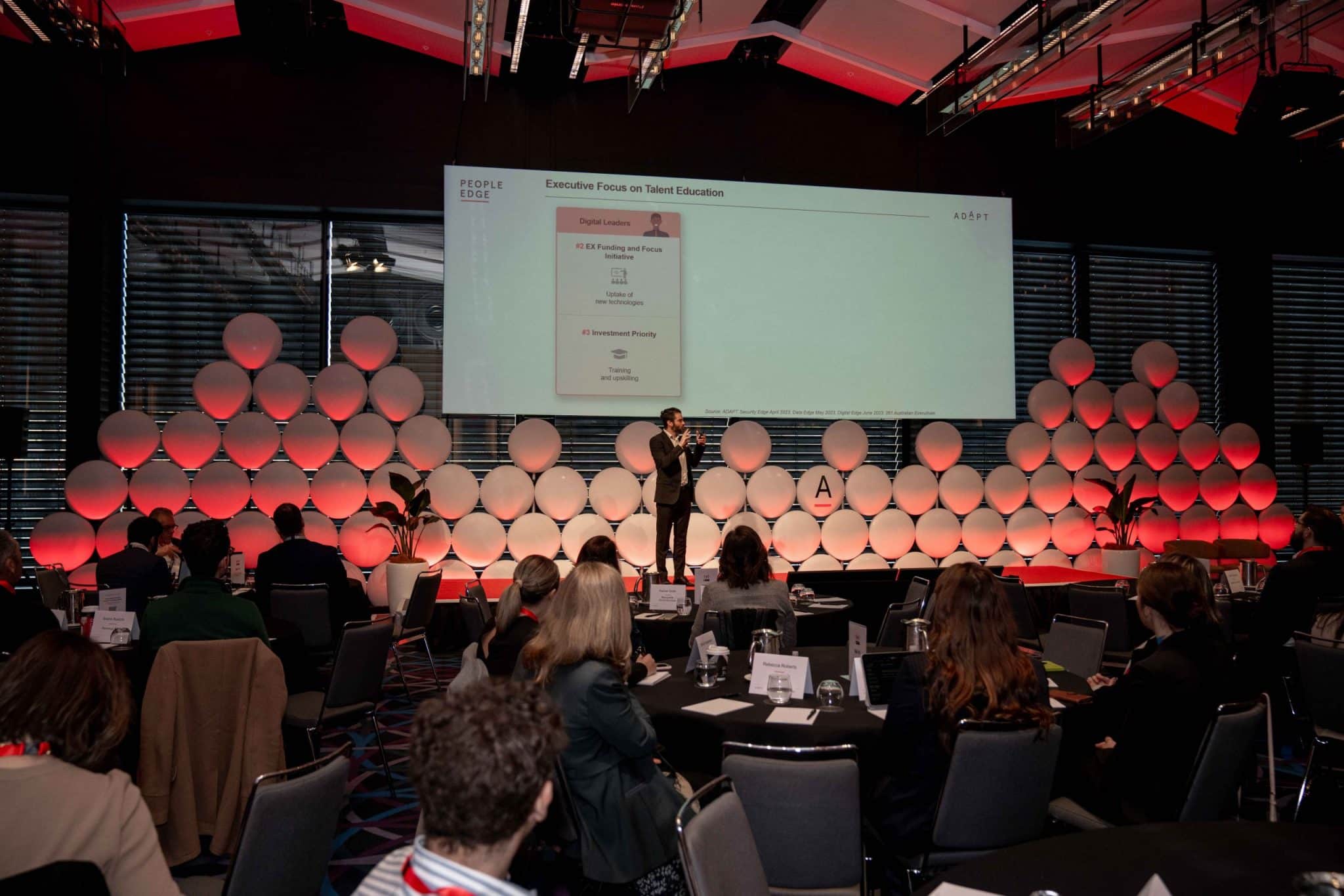1% Confidence – The Stark Reality of Organisations’ Ability to Create a Digital Culture
Head of Data & Analytics at ADAPT, Gabby Fredkin, discusses different organisational roles and their perspectives. He emphasises the importance of measuring data and highlights the challenges faced by various departments, such as the lack of skills in cyber security and the limited end-user skill base in data departments.Head of Data & Analytics at ADAPT, Gabby Fredkin, discusses different organisational roles and their perspectives.
He emphasises the importance of measuring data and highlights the challenges faced by various departments, such as the lack of skills in cyber security and the limited end-user skill base in data departments.
Digital leaders are increasing their focus on adopting new technologies and investing in training and upskilling. Improving operational effectiveness and being secure and trusted are key business priorities. Creating a digital culture is essential, but only 1% of respondents are highly confident in their organisation’s ability to achieve it.
Gabby addresses the issue of competing business priorities and the need to identify root causes for disconnects in data. He explores the significance of building a digital culture and how it impacts an organisation’s ability to capture value from operations and customers.
Sharing data on the key metrics for fostering digital skills and mindsets and the importance of ethical AI implementation, Gabby concludes by offering insights on how organisations can effectively create a digital culture, emphasising collaboration, education, and automation.
Key Takeaways:
- Organisations with a digital culture capture value from operations and customers, benefiting from improved employee and customer experiences. Collaboration, education, uniting across the organisation, and automation are critical factors for success.
- Improving operational effectiveness and being secure and trusted are key business priorities. High-performing organizations link behaviours to outcomes and value digital skills and mindsets.
- Collaboration is crucial in organisations to deliver business initiatives and retain top talent. Automation can streamline processes and free up time for top talent retention.





























